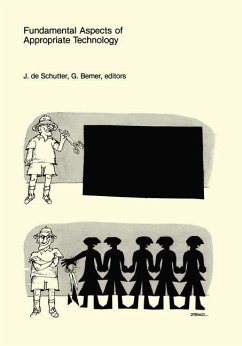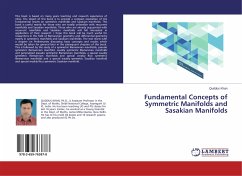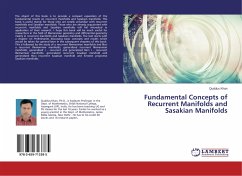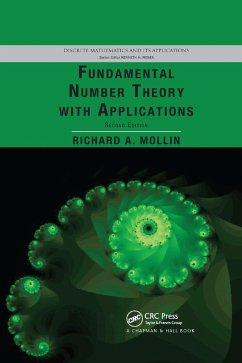
Fundamental Theorem of Calculus
Versandkostenfrei!
Versandfertig in 6-10 Tagen
26,99 €
inkl. MwSt.

PAYBACK Punkte
13 °P sammeln!
The fundamental theorem of calculus specifies the relationship between the two central operations of calculus: differentiation and integration. The first part of the theorem, sometimes called the first fundamental theorem of calculus, shows that an indefinite integration can be reversed by a differentiation. The first part is also important because it guarantees the existence of antiderivatives for continuous functions. The second part, sometimes called the second fundamental theorem of calculus, allows one to compute the definite integral of a function by using any one of its infinitely many ...
The fundamental theorem of calculus specifies the relationship between the two central operations of calculus: differentiation and integration. The first part of the theorem, sometimes called the first fundamental theorem of calculus, shows that an indefinite integration can be reversed by a differentiation. The first part is also important because it guarantees the existence of antiderivatives for continuous functions. The second part, sometimes called the second fundamental theorem of calculus, allows one to compute the definite integral of a function by using any one of its infinitely many antiderivatives. This part of the theorem has invaluable practical applications, because it markedly simplifies the computation of definite integrals. The first published statement and proof of a restricted version of the fundamental theorem was by James Gregory (1638 1675). Isaac Barrow (1630 1677) proved the first completely general version of the theorem, while Barrow's student Isaac Newton (1643 1727) completed the development of the surrounding mathematical theory. Gottfried Leibniz (1646 1716) systematized the knowledge into a calculus for infinitesimal quantities.












